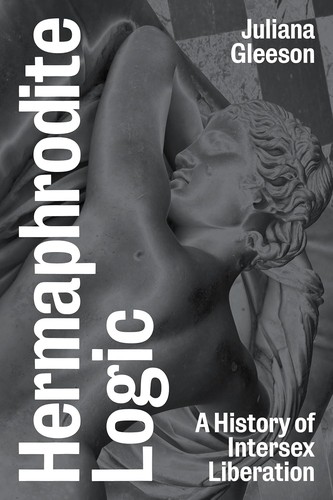Written a long while before yearly phone updates
User Profile
You can find out more about me and where else to find me around the web on my website.
This link opens in a pop-up window
Bastian Greshake Tzovaras's books
User Activity
RSS feed Back
Bastian Greshake Tzovaras finished reading Voices in the Code by David G. Robinson
Sharing moral burdens in a complex technical domain won’t happen by accident, or by default. It takes careful planning, and infrastructure, and resources. It also takes political will. At both a cultural and a personal level, we need to recognize that technical expertise is no special source of moral authority. Participation in the design of a complex algorithm is a realistic possibility, if the right kind of careful and well-resourced setting can be put together—and if we learn, as citizens and as publics, to expect an inclusive approach to high-stakes code.
— Voices in the Code by David G. Robinson (Page 131)
The refusal conversation reminds us that algorithms tend to make the world seem and be a certain way—flatter, more regimented, more uniform, more abstract. People judged by machine may themselves come to seem more coglike, or even to be more coglike. As James C. Scott has written, it is worth asking, “What kind of person does this sort of institution foster?”
— Voices in the Code by David G. Robinson (Page 51)
An informed judgment may also require that a new algorithm be prototyped and tested, or that data be analyzed in certain specific ways, and those tasks are indeed the work of technical experts. But in none of these cases will technical judgment actually provide an answer. Moral judgment is needed too. And it is often unclear who will—or who should make that judgment.
— Voices in the Code by David G. Robinson (Page 29)
Bastian Greshake Tzovaras rated Tools For Conviviality: 5 stars

Tools For Conviviality by Ivan Illich
The conviviality for which noted social philosopher Ivan Illich is arguing is one in which the individual’s personal energies are …
Bastian Greshake Tzovaras finished reading Tools For Conviviality by Ivan Illich

Tools For Conviviality by Ivan Illich
The conviviality for which noted social philosopher Ivan Illich is arguing is one in which the individual’s personal energies are …
Soon the computer will be used to define at every juncture what should be done for the growth of tools, unless people rediscover that they share a deep commitment to formal procedures by which they can decide how their present major institutions ought to be turned around
— Tools For Conviviality by Ivan Illich (85%)
The institutionalization of knowledge leads to a more general and degrading de-lusion. It makes people dependent on having their know-ledge produced for them. It leads to a paralysis of the moral and political imagination
— Tools For Conviviality by Ivan Illich (78%)
Above all, political discussion is stunned by a delusion about science. This term has come to mean an institutional enterprise rather than a personal activity, the solving of puzzles rather than the unpredictably creative activity of individual people
— Tools For Conviviality by Ivan Illich (78%)
Bureaucracy itself can serve as a way of converting hard moral problems into boring technical ones, a process that long predates computers. But software-based systems can accelerate and amplify this trend. Quantification can be a moral anesthetic, and computers make that anesthetic easier than ever to administer.
— Voices in the Code by David G. Robinson (Page 30)
Bastian Greshake Tzovaras started reading Voices in the Code by David G. Robinson
A changeless society would be as intolerable for people as the present society of constant change. Convivial reconstruction requires limits on the rate of compulsory change. An unlimited rate of change makes lawful community meaningless. Law is based on the retrospective judgment of peers about circumstances that occur ordinarily and are likely to occur again. If the rate of change which affects all circumstances accelerates beyond some point, such judg-ments cease to be valid. Lawful society breaks down.
— Tools For Conviviality by Ivan Illich (70%)
The most effective way to open a market is to identify the use of what is new as an important privilege. If this identification succeeds, the old model is devalued and the self-interest of the consumer is wedded to the ideology of never-ending and progressive consumption. Individuals are socially graded according to the number of years their bill of goods is out of date.
— Tools For Conviviality by Ivan Illich (68% - 69%)
Crucial to how much anyone can learn on his own is the structure of his tools: the less they are convivial, the more they foster teaching
— Tools For Conviviality by Ivan Illich (54%)









